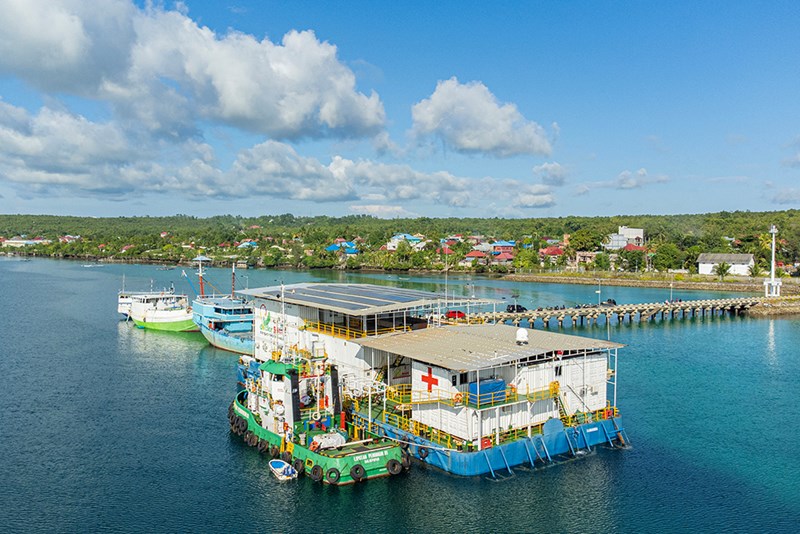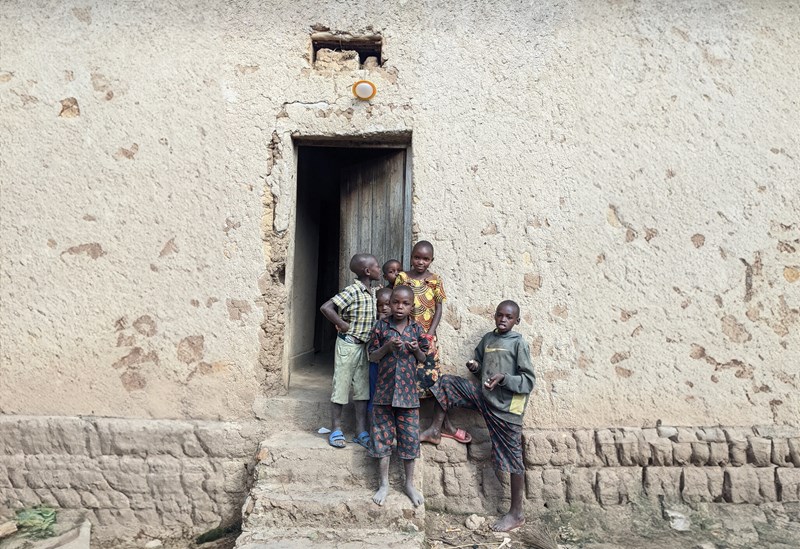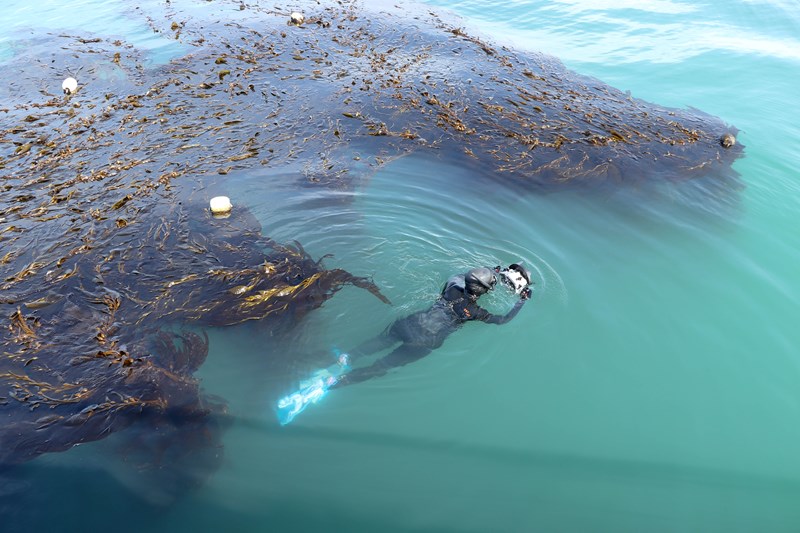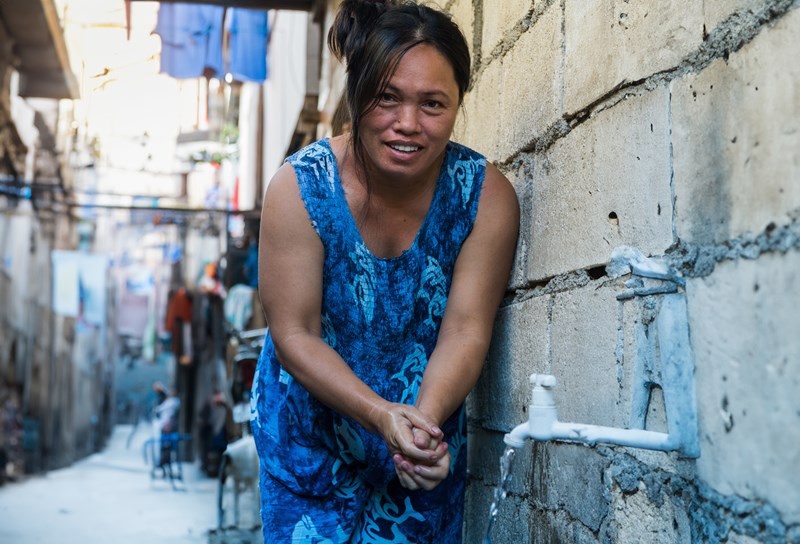A Gaza-based urban agriculture programme combatting food insecurity and generating income for women. A floating hospital providing medical care to remote Indonesian islands. And a small Namibia-based business using kelp forests to drawdown CO2 emissions.
These are some of the winners of the latest of the annual Zayed Sustainability Prize, which was launched in 2008 and named after the UAE’s founding president, Sheikh Zayed bin Sultan Al Nahyan.
The winning entries in the five categories (climate action, food, health, energy, and water) each received US$1m, while six high schools from around the world were given $150k for their efforts to make their communities more sustainable.
The winner of the food category, the Gaza Urban & Peri-urban Agricultural Platform (GUPAP), was launched in 2013 to make Gaza more food secure and less dependent on imports and aid packages.
A co-operative with more than 80 members ranging from local government actors and NGOs to women’s organisations, agri-preneurs, and SMEs, it delivers training and capacity building to help family farmers improve their yields. This includes the provision of materials such as fertilisers, fences, and support with marketing their food items to access markets.
GUPAP follows a Community-led Solidarity Marketing (CLSM) approach, focusing on empowerment over handouts, and to-date it has provided jobs to 200 women and provided more than 7,000 people with access to local produce.









